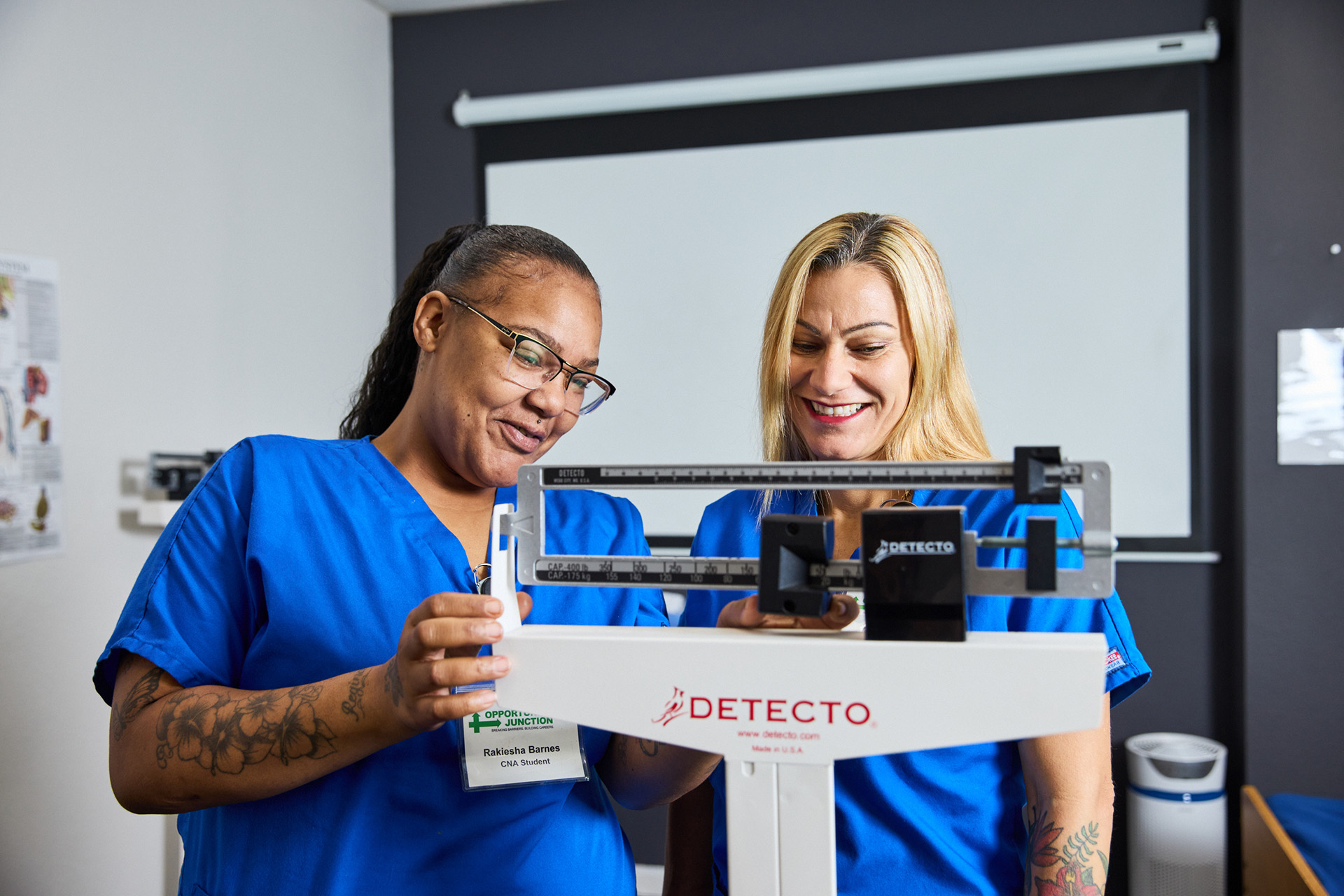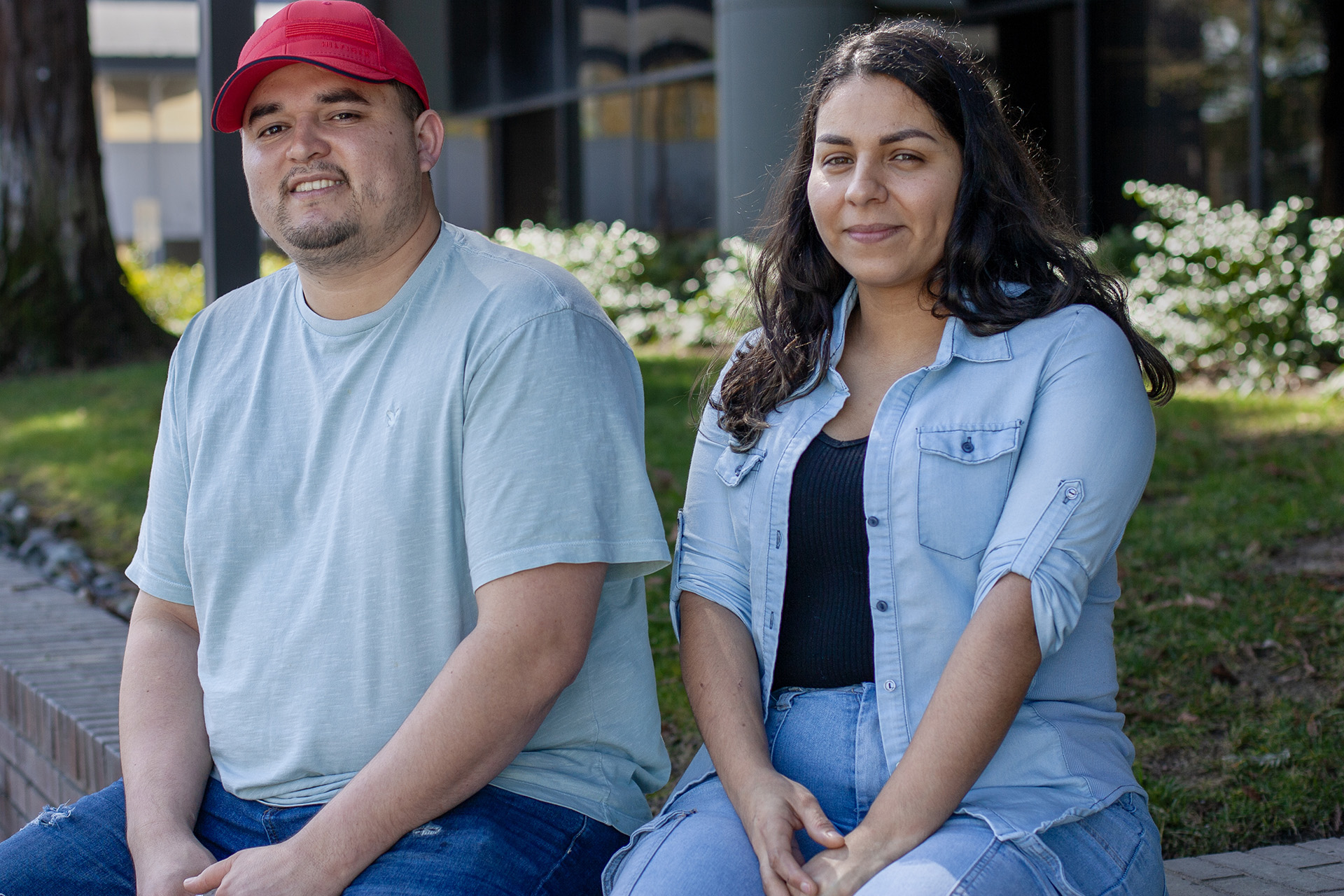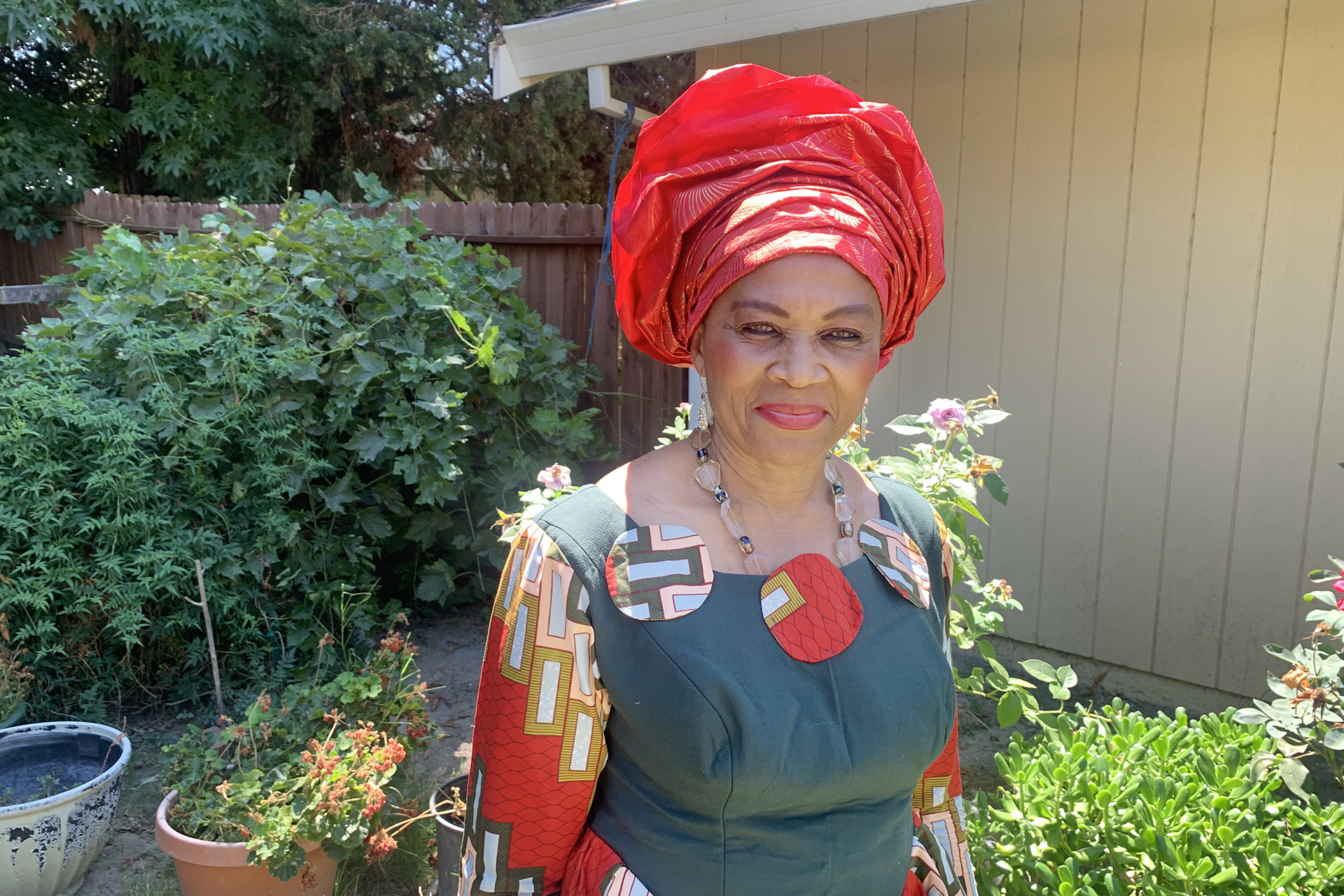Beginning mid-March, invitations to participate in the U.S. census online, by mail, or by phone will be mailed out prior to official Census Day on April 1. Census results significantly impact the wellbeing of all communities, particularly vulnerable ones. As an institutional pillar focused on improving community health, Kaiser Permanente relies on participation to ensure an accurate count.
What is the 2020 census?
Every 10 years the United States government conducts a population count of all people living in the 50 states, District of Columbia, and 5 U.S. territories. To note, there is not a citizenship question on the 2020 census. It takes about 5 minutes to answer fewer than 10 questions.
Why does the census matter to Kaiser Permanente?
Accurate census data determines the allocation of more than $675 billion in federal funding that aids hundreds of programs for schools, health services, low-income communities, infrastructure, and emergency preparedness.
Medicaid, state children’s health insurance, the treatment of substance abuse, and school lunch programs are just a handful of services whose funding is based on census information.
“The census impacts the overall health of the communities we serve,” said Jennifer Scanlon, managing director of Kaiser Permanente Northern California Community and Government Relations. “It funds parks, schools, clinics, and many other key services. Kaiser Permanente is broadening the areas it is trying to positively impact and the census directly supports our community health umbrella.”
Additionally, population numbers dictate the number of Congressional representatives from each state who advocate for local people when voting on federal issues.
How does an undercount impact Kaiser Permanente and the communities it serves?
Kaiser Permanente uses census information to better serve its communities and gauge the resources needed for critical programs that promote community health.
“The census helps Kaiser Permanente understand the demographics and needs of the communities we serve,” said Yesenia Monsour, associate director of Kaiser Permanente Southern California Regional Government and Community Relations. “The information derived from the census count allows us to properly plan and make strategic business decisions for the next 10 years. We can’t do it without knowing relevant information about the individuals who live in the communities we serve.”
As well, for every person not counted, the community loses an average of $20,000 in federal funding over 10 years. Historically, children under 5 years old, African American and Latino communities, renters, people living in multi-housing units, and low-income populations have been undercounted in the census. An inaccurate representation of any population means fewer people will have access to important public services and resources.
Businesses also look to census data to decide where to open factories, clinics, and stores, which can impact employment.
How can you help?
Participation is first and foremost. The U.S. Census Bureau ensures information can never be shared with law enforcement agencies or property managers and cannot be used against participants in any way. Spreading the word about the importance of the census with friends and family is a great way to motivate others to participate.
Kaiser Permanente hospitals and facilities will provide many opportunities to inform employees, physicians, and members about the importance of completing the census. This will include activities such as tabling in partnership with the U.S. Census Bureau at Kaiser Permanente farmers markets, informational sessions, and the distribution of educational materials, particularly targeting historically undercounted communities.
For more information, visit 2020census.gov.





This Post Has 6 Comments
I think it’s necessary!
Everyone should participate.
I believe it’s necessary.
It’s very necessary.
I think everyone needs to participate in the census — it’s very important!!!
I did!